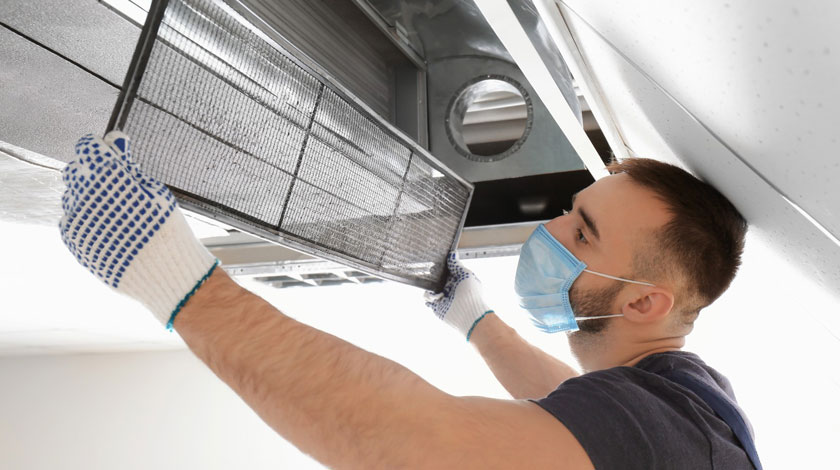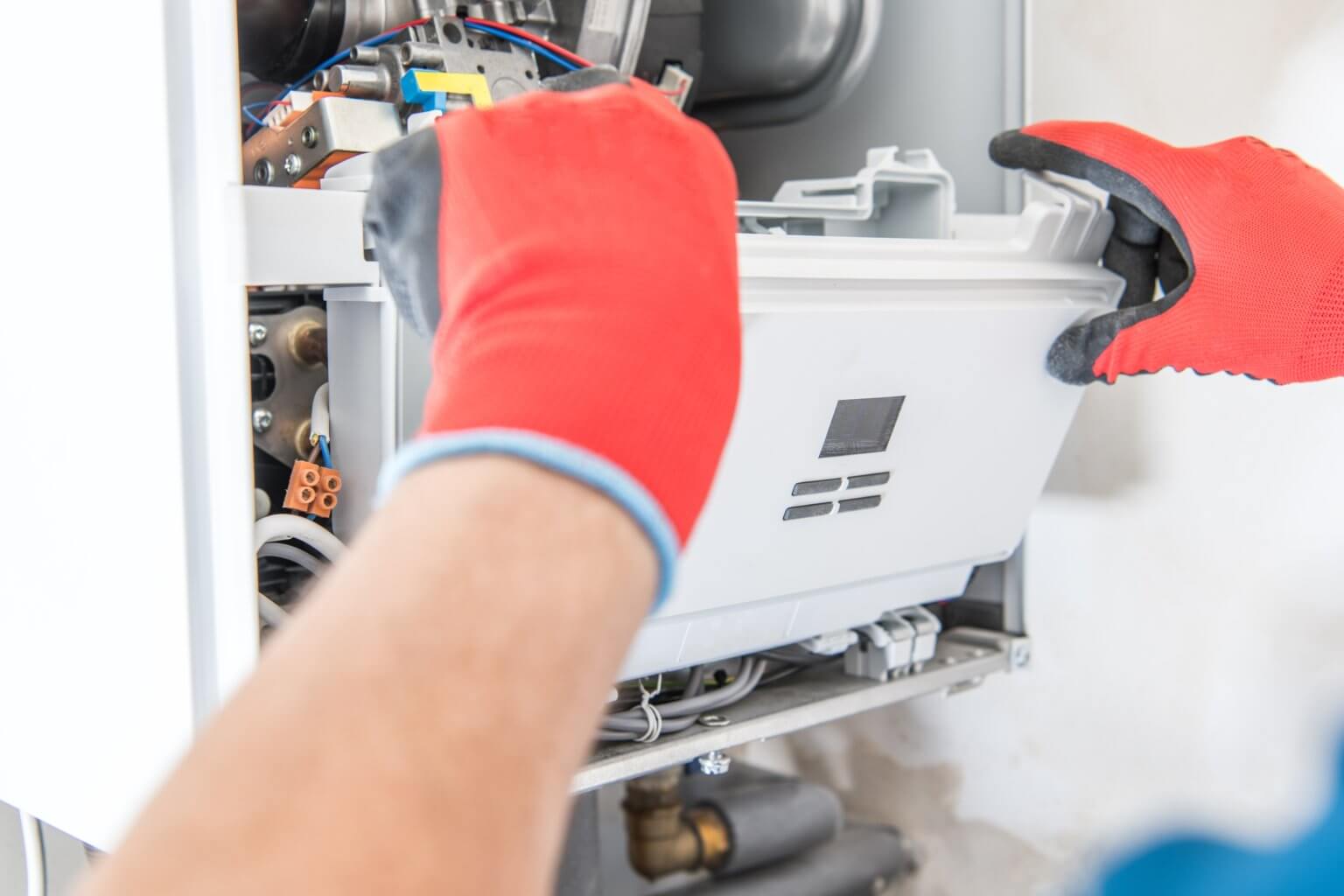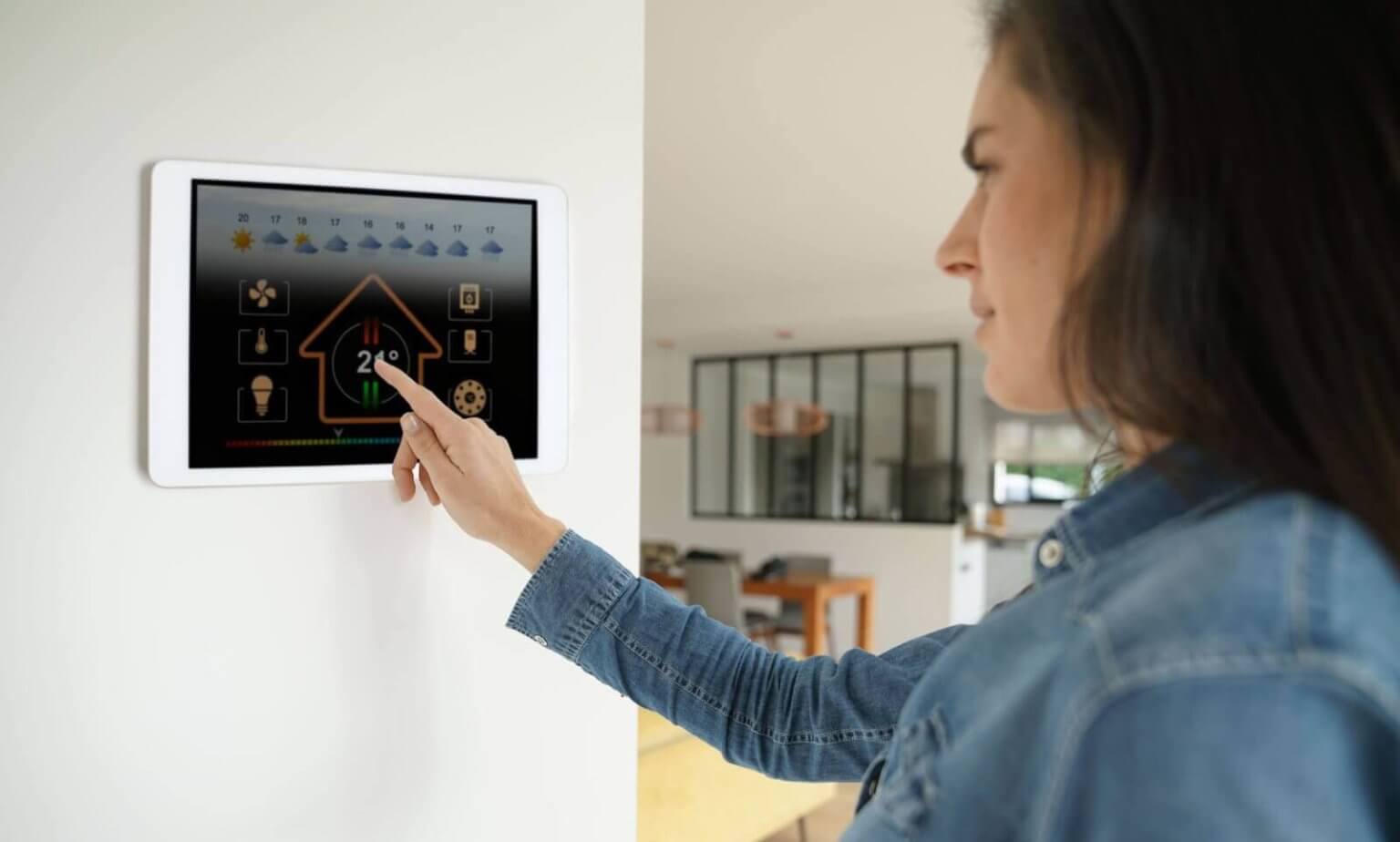
How Much Does A Full HVAC Unit Cost?
Introduction
When it comes to creating a comfortable living environment, few things are as important as a well-functioning HVAC (Heating, Ventilation, and Air Conditioning) system. But top air conditioning installation in Canoga Park with so many options available and costs that can vary widely, understanding the price of a full HVAC unit can feel overwhelming. In this comprehensive guide, we'll delve into the intricacies of HVAC systems, breaking down the components that contribute to their cost, and providing you with insights to help you make an informed decision.
Investing in Comfort: Understanding the Price of a Full HVAC Unit
Investing in comfort is about more than just purchasing equipment; it's about ensuring your home provides a safe and pleasant atmosphere for you and your family. An HVAC system plays a vital role in maintaining indoor air quality and temperature control. When considering the price of a full HVAC unit, several factors come into play—from the type of system you choose to installation costs and ongoing maintenance.
What is an HVAC System?
An HVAC system encompasses various technologies that manage heating, cooling, and ventilation within residential or commercial buildings. It typically includes:
- Heating Units: Furnaces or heat pumps that warm the air.
- Cooling Units: Air conditioners or chillers that cool indoor spaces.
- Ventilation Systems: Ductwork and exhaust fans that circulate air.
Understanding these components is crucial in evaluating what you'll need for your space.
Types of HVAC Systems Available
There are several types of HVAC systems available on the market today. Each has its unique features and benefits:
- Best for large homes
- Uses ductwork to distribute cool air
- Suitable for smaller spaces without existing ductwork
- Offers zoning capabilities
- Provide both heating and cooling
- Energy-efficient option
- Commonly used for heating
- Can be powered by gas, electricity, or oil
- Heats water for radiators or underfloor heating
- Often found in older homes
Understanding these options will help you select the right system for your needs.
Factors Influencing HVAC Pricing
Several elements affect the overall cost of an HVAC unit:
1. Type of System
Different systems come with varying price tags. For instance, central air conditioning units tend to be more expensive than ductless mini-splits due to their complexity.
2. Size of Your Home
The size of your home directly impacts how much you'll spend on an HVAC system. Larger homes require more powerful units capable of distributing conditioned air effectively.
3. Installation Costs
Installation can account for a significant portion of your total investment. Depending on local labor rates and any necessary modifications (like ductwork), this could increase costs substantially.
4. Energy Efficiency
Energy-efficient models may have higher upfront costs but can save money long-term through reduced utility bills.
5. Brand Reputation
Well-known brands often command higher prices due to their reliability and warranty offerings.

Average Cost Estimates for Full HVAC Systems
To give you a clearer picture, here’s an average breakdown of costs associated with different types of systems:
| Type of System | Average Cost Range (Equipment Only) | Average Installation Cost | |------------------------|-------------------------------------|--------------------------| | Central Air Conditioner | $3,000 – $7,000 | $1,500 – $3,000 | | Ductless Mini-Split | $2,000 – $5,000 | $1,200 – $2,500 | | Heat Pump | $3,500 – $6,000 | $1,500 – $2,800 | | Furnace | $2,500 – $5,000 | $1,000 – $2,500 | | Boiler | $3,000 – $8,000 | $1,500 – $3,500 |
These ranges provide a rough estimate—your actual costs may vary based on specific circumstances.
Understanding Energy Efficiency Ratings
When comparing HVAC systems' efficiency ratings is vital—a high rating means lower energy consumption over time.
SEER Ratings
The Seasonal Energy Efficiency Ratio (SEER) measures cooling efficiency; higher SEER values indicate better energy performance.
AFUE Ratings
The Annual Fuel Utilization Efficiency (AFUE) rating indicates how efficiently furnaces convert fuel into heat—higher percentages mean less fuel waste.
Comparing Costs Between Different Brands
Brand reputation plays a significant role in pricing; premium brands often offer advanced technology but at a premium price point:
- Trane offers high-end reliability but comes with higher costs.
- Carrier provides solid mid-range options with good warranties.
- Lennox focuses on energy efficiency but can be pricier initially.
Researching brand reviews will help you gauge customer satisfaction levels beyond just pricing alone.
DIY vs Professional Installation: What's Best?
The question often arises—should I attempt installation myself or hire professionals?
DIY Installation Pros & Cons
Pros:
- Potentially saves money on labor costs
- Sense of accomplishment
Cons:
- Risky if you're inexperienced
- May void manufacturer warranties
Professional Installation Pros & Cons
Pros:
- Ensures correct setup
- Often includes warranties on labor
Cons:
- Higher upfront cost
Ultimately it depends on your skill level and comfort with complex installations—it's not always worth cutting corners!
Financing Options Available for Your New HVAC System
If you're concerned about upfront costs but still want to invest in comfort now rather than later—various financing options exist:
- Use existing equity in your home as collateral.
- Quick access to cash without needing collateral.
- Many retailers offer special financing plans tailored specifically for new installations.
- Useful if you have rewards points but beware high-interest rates!
With careful planning ahead regarding finances—getting that new unit doesn’t have to break the bank!
Regular Maintenance Costs You Should Consider
After installing an HVAC system—it’s essential not just to focus solely on initial investment but also ongoing care requirements:
- Schedule annual inspections ($100-$300).
- Clean filters every month (minimal cost).
Ignoring maintenance could lead to costly repairs down the line!
Signs That It's Time To Replace Your Old Unit
Wondering whether it’s time for an upgrade? Watch out for these telltale signs:
Age: Most systems last 10–15 years; if yours is older it's likely time!
Rising Energy Bills: If bills keep creeping up without explanation—it may indicate inefficiency issues.

Frequent Repairs: More frequent breakdowns signal it might be cheaper long-term just replacing than continuously fixing!
Being proactive can save headaches—and dollars—in future expenses!
FAQs About Full HVAC Units
Q1: How long does an HVAC unit typically last?
A1: Most units have lifespans ranging from 10–15 years depending on usage and maintenance levels.
Q2: What are common maintenance tasks needed?
A2: Regular filter changes every 30 days along with annual professional inspections can prolong life expectancy significantly!
Q3: Can I install my own HVAC system?
A3: While possible—but not recommended unless you're experienced; improper installation could void warranties or lead major safety hazards!
Q4: How do I find reliable “hvac near me”?

Q5: Will upgrading my unit really save money?
A5: Yes! Newer models tend towards greater energy efficiency leading savings over time via lower energy bills compared older less efficient counterparts!
Q6: What type should I choose based upon climate zone?
A6: Hot climates benefit from central AC while colder regions may utilize heat pumps or furnaces depending personal preferences/needs!
Conclusion
Investing in comfort through understanding the price of a full HVAC unit doesn't have to feel daunting anymore! With this guide at hand—you’ve got everything required when making informed decisions about choosing upgrading newer equipment suited precisely toward individual preferences/budgets combined alongside reliable professional support whenever needed!
By taking into account all discussed factors from types available down through potential financing options plus routine upkeep necessities—you’re well-equipped embarking upon journey towards optimal satisfaction within living spaces year-round whilst avoiding pitfalls often associated otherwise navigating such significant investments alone! So don’t delay any longer; start exploring what works best suited specifically meant just right tailored perfectly around YOU today!